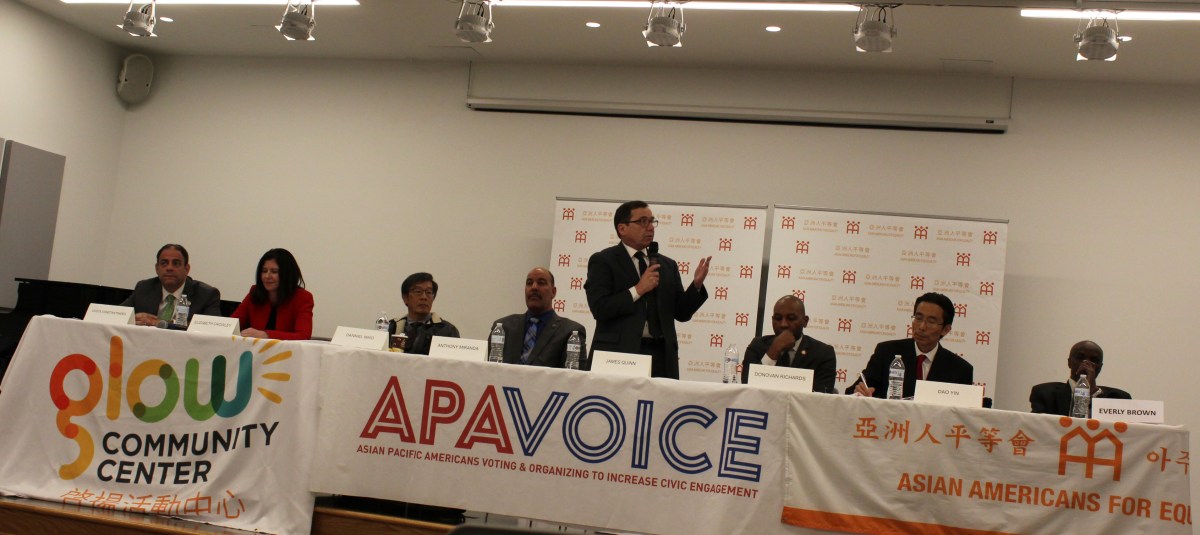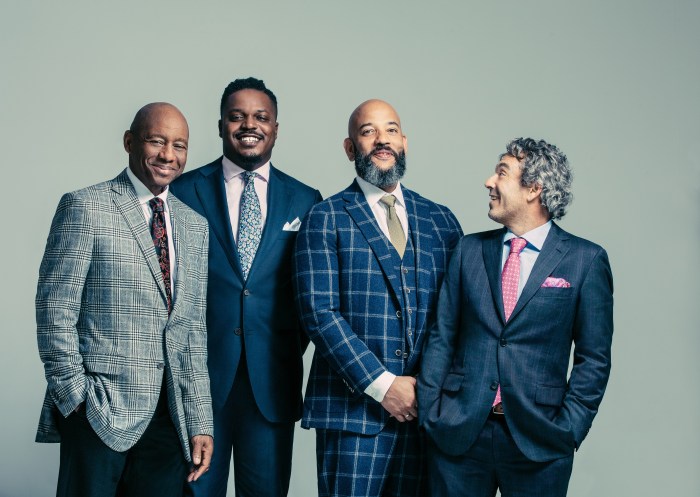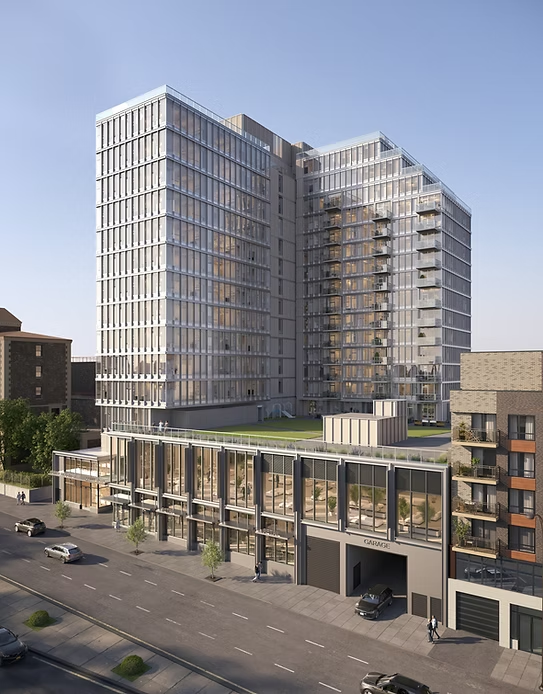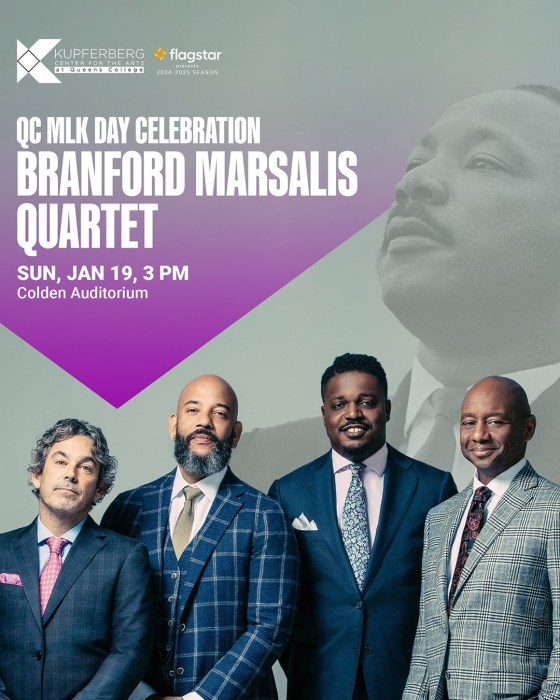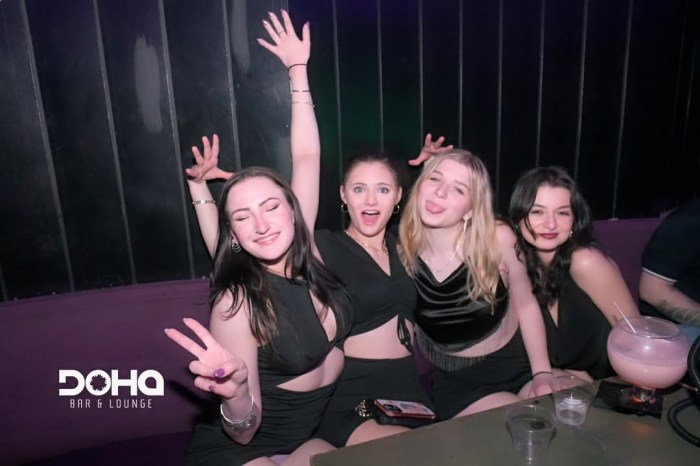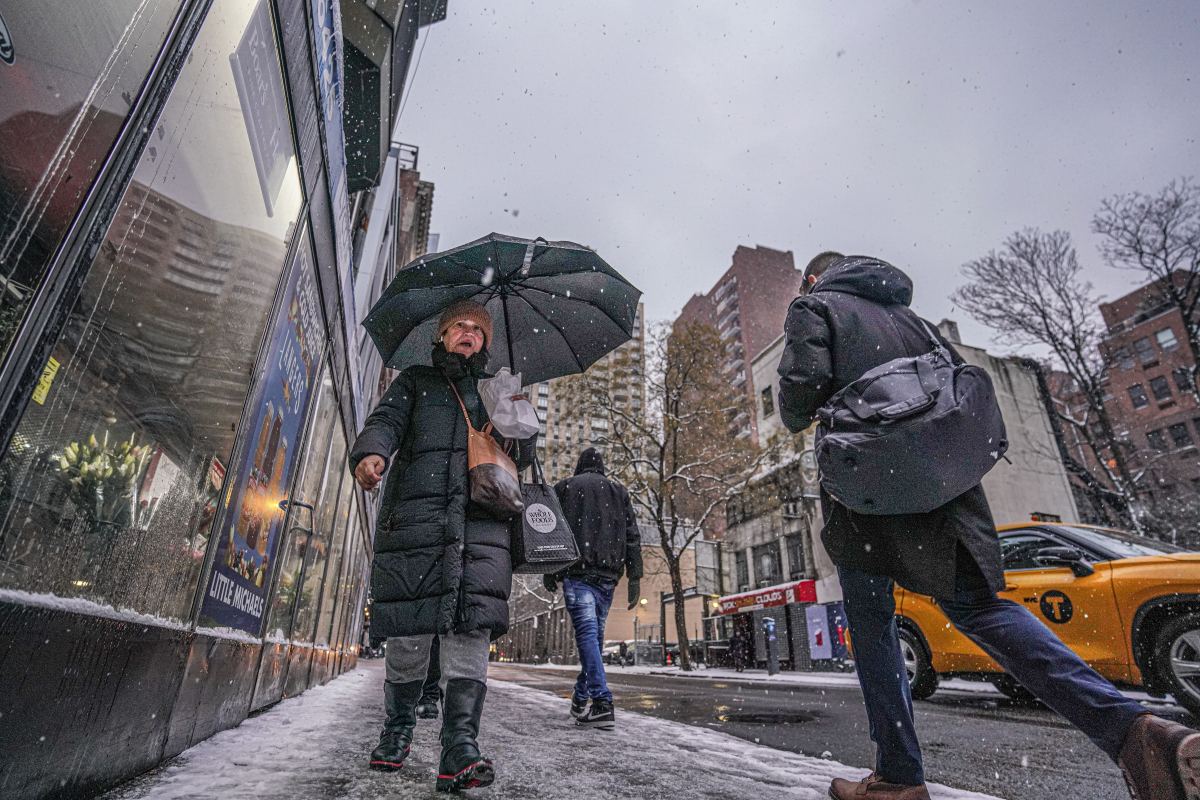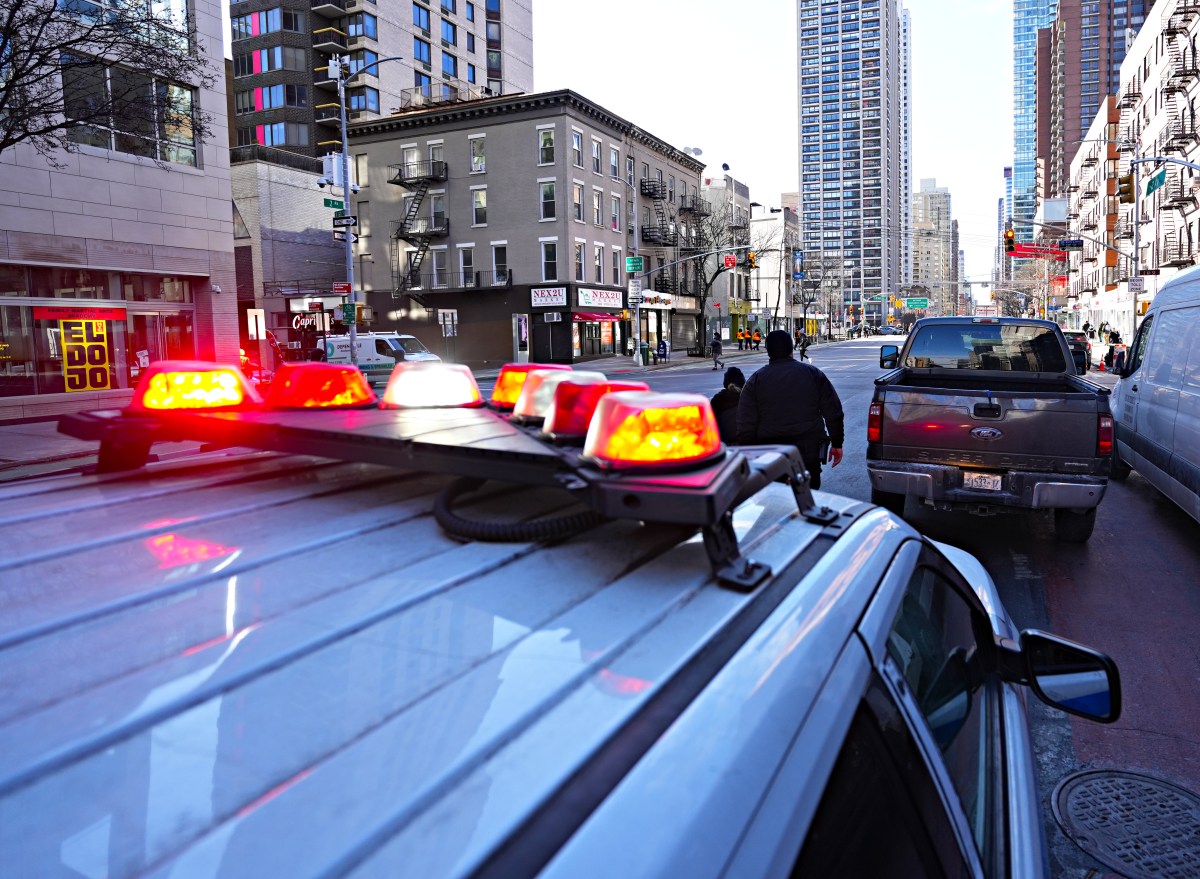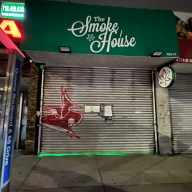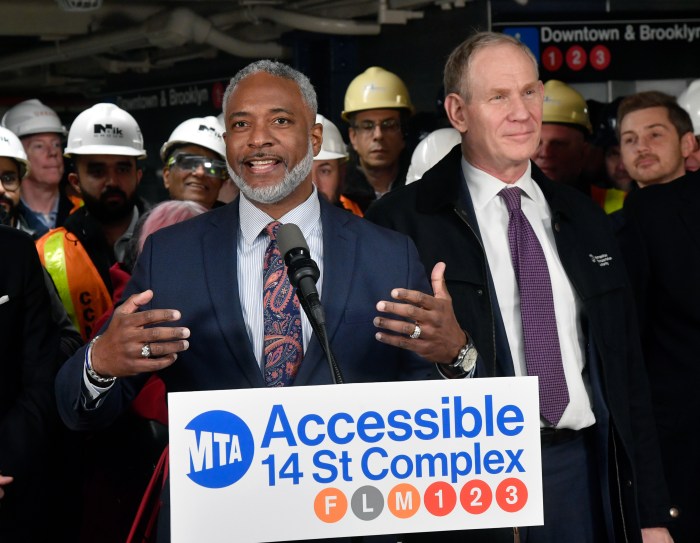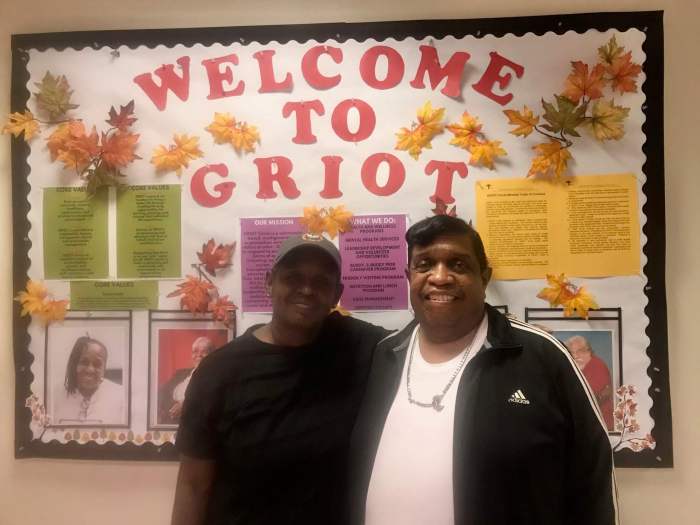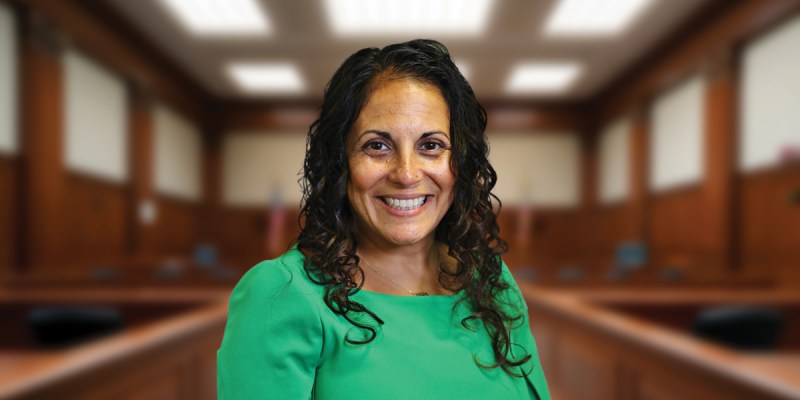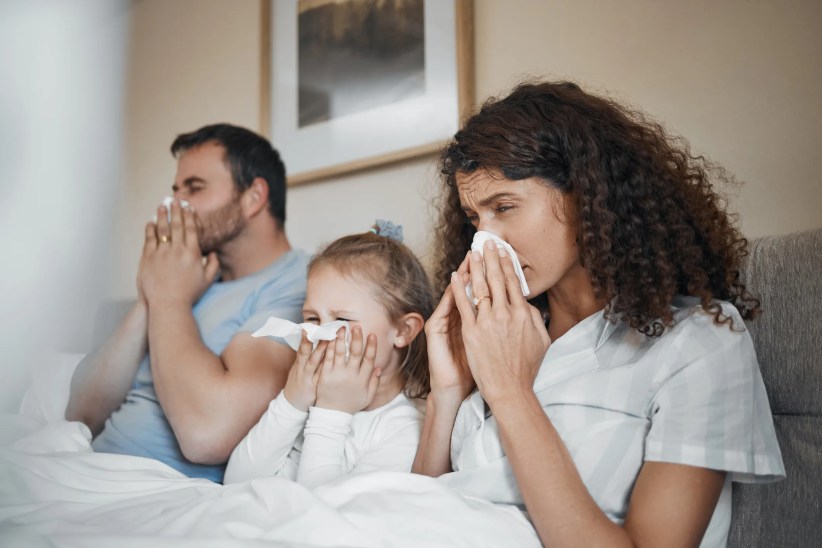Eight candidates vying for the office of Queens borough president participated in a discussion forum on Tuesday, Jan. 21, with Flushing community residents on how they would tackle critical issues in the Asian-Pacific American community.
The forum, held at Glow Community Center at One Flushing at 133-29 41st Ave., was sponsored by Asian Americans for Equality (AAFE) and APA VOICE, a coalition of 20 nonprofit groups dedicated to voter education and engagement.
The Asian Pacific American community is the fastest growing group in New York City, now making up more than 26 percent of the population in the borough of Queens, according to AAFE. Asian Americans and Pacific Islanders are increasingly moving into neighborhoods across Queens, and are now the majority group in multiple communities.
“We hope this forum will help voters make their decision ahead of the upcoming special election which is scheduled to take place on March 24,” said John Park, executive director of the MinKwon Center of Community Action.
The candidates in attendance included Councilmen Costa Constantinides and Donovan Richards, former Councilwoman Elizabeth Crowley, Daniel Maio, Anthony Miranda, Everly Brown, former Assistant District Attorney James Quinn and Dao Yin.
The event, moderated by New York City investigative reporter Ti-Hua Chang, covered issues such as affordable housing, transportation, the controversial SHSAT debate and public safety, job creation and small business development and immigrant rights.
All of the candidates agreed that new residential development needs to include more affordable housing and higher levels of affordability, not just in Flushing, but across Queens.
“Shutting down luxury apartments or a new building is not going to do anything, we have to bring the costs down,” said Quinn.
In her response, Crowley said she believes transit drives opportunity and affordable housing. She also vowed to work with AAFE and other nonprofit organizations to build more affordable housing units in Queens.
“We’re in a very rich transit area, and in Flushing although we have the 7 train here, probably the busiest station in all of NYC, we still don’t have enough trains and options,” Crowley said. “In and around Queens we can find more space and affordable housing. We don’t get our fair share of transit, education, and we certainly don’t receive our fair share of affordable housing.”
Richards chimed in on his accomplishments as a city council member bringing infrastructure developments and 100 percent affordable housing to the Rockaways and future plans on tackling the issue.
“The big issue we’ve had is with supply and demand — there’s been a lot of demand for more housing as Queens grows and New York City … I’m proposing to create a zoning task force for us to look at communities and work together collectively with communities to identify opportunities that we can grow in,” Richards said.
When asked about transportation in Queens and the No. 7 train in particular, the candidates disagreed with the new MTA transit plan that failed to include community input in transit-desert neighborhoods in Queens.
“The new transit plan they’re now initiating does not involve community voices. They’re eliminating entire routes without a conversation with the community that it’s impacting,” Miranda said. “They have a plan that they have not finalized, and will be coming back to Queens for input and information, which was extremely important at the hearings.”
Constantinides touched on appointing a member to the MTA Board representing Queens families to invest in the mass transit system in Queens.
“We should be the ones developing our own transit plans,” Constantinides said. “Look at all of our streets, see how we can do busways, how we can do things more innovatively and hold our elected officials, the MTA, the Department of Transportation, Albany and City Hall. But we should be the ones coming up with these ideas.”
The discussion shifted to Mayor de Blasio’s elimination of the SHSAT and the District 28 school diversity plan. Most of the candidates supported the standardized testing of students seeking admission into specialized high schools.
“We should keep the SHSAT and we can find a solution by creating more specialized high schools. For example, there can be a Stuyvestant in Queens, in the Bronx and Brooklyn,” Yin said. “We need to have a specialized high school for artificial intelligence and for physical science.”
Meanwhile, Richards, Maio and Constantinides voted in favor of reforming the measure.
“Not only do we need to keep the SHSAT as it is, we need to expand on it,” Maio said. “We need to have more schools, more opportunities, more charter schools, and the children cannot wait for failing the system. The SHSAT is a good system and is working. In the case of School District 28, the diversity program is another way of watering down the system that moves some of the kids from lower performing schools just to improve the scores, it’s wrong and am going against it.”
In regards to public healthcare for immigrant communities, the candidates noted the importance of funding community organizations that provide healthcare services and making investments in local hospitals ensuring that residents receive the best care and service.
‘We don’t have the best hospitals here in Queens, and in some parts of Queens people have to travel to get the care they need,” Crowley said. “We need to expand the EMS system to make sure the average Queens resident isn’t waiting for services.”
During the lightning round, the candidates reassured the public that their campaign outreach is working on translating materials in various languages spoken in New York City.
In closing, Jennifer Sun, of AAFE, encouraged attendees to go out and vote on March 24.
“I think it’s clear that there is a shared love for Queens and a commitment by our candidates for making the borough better,” Sun said. “Asian voices do matter and Asian voices do count.”

